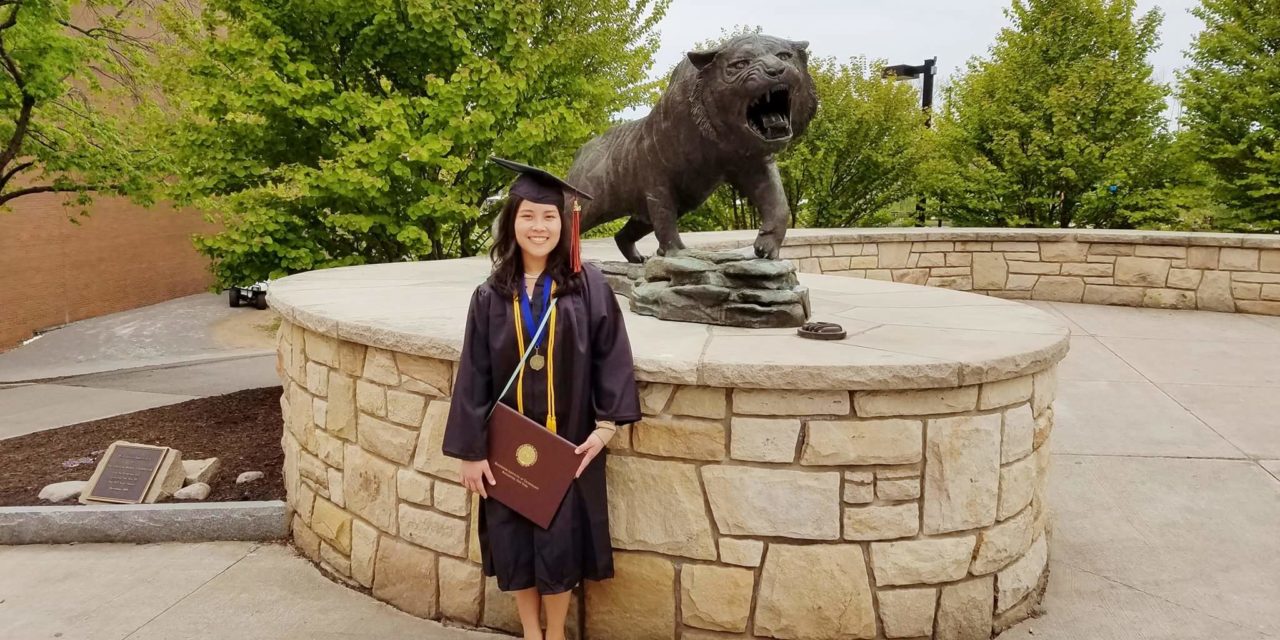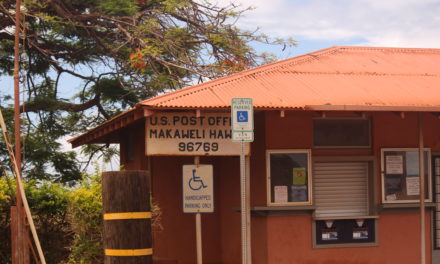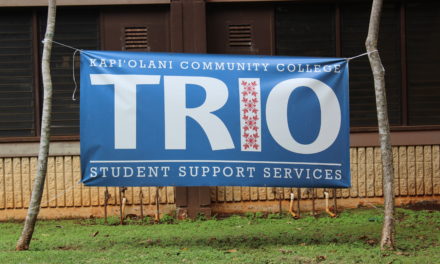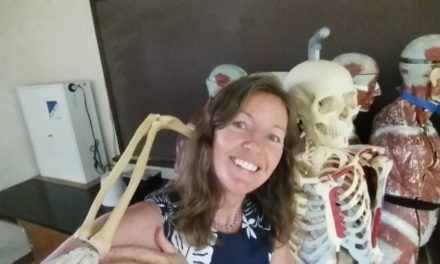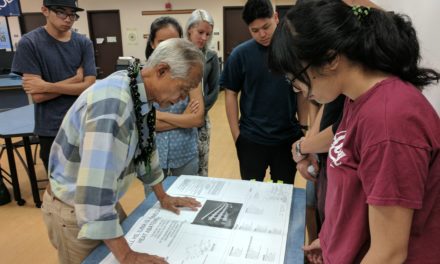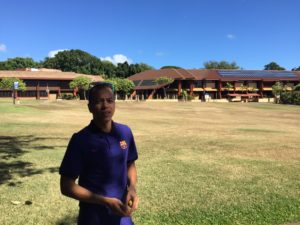By Gavin Arucan | Staff Writer
The Louis Stokes Alliances for Minority Participation (LSAMP) is a program striving to include more diverse students in science, technology, engineering, and mathematics (STEM) fields in colleges and universities around the nation.
On April 1, LSAMP awarded KCC a $1.4 million grant to lead the UH Community Colleges on a mission to double the number of native Hawaiians in STEM programs. Students who are accepted into LSAMP earn resources to better help them in their STEM-related studies. LSAMP works as a springboard for aspiring science majors to get on the path to success.
Micon Garvilles, who is a 25-year-old former KCC student and 2011 LSAMP awardee, now works a fulfilling job in the STEM field.
Garvilles graduated from KCC back in 2013 with an associate’s degree in Life Science, which opened up opportunities to various other universities after that. Garvilles decided to transfer to the Rochester Institute of Technology (RIT) after receiving a full scholarship. There, she pursued and graduated with a bachelor’s degree in Biotechnology and Molecular Bioscience, a double major in Biomedical Science, and a minor in Spanish. Now, she works as an associate scientist at the biotech company, Taconic Biosciences, in New York.
During her time at KCC, Garvilles struggled to balance school and life, just like any other student. Finances proved to be a constant issue since she lived with her family of five in a small apartment. She also had to work past a slight language barrier since English was her second language to Tagalog.
“Other than the fact that English was my second language, I met students who went through AP classes. I never had that opportunity, so I felt like I was always behind,” Garvilles said recently. “I think that’s where LSAMP helped me. It opened doors for me to meet mentors or tutors who were very good at math or physics and could help me with my homework when I was struggling. It motivated me to work harder since I felt so behind and wanted to catch up with other students.”
By joining LSAMP, Garvilles gained access to resources and funds that allowed her to focus on and assist in her college studies in the STEM field.
“I was selected [for LSAMP] based on my drive. I was clear on what I wanted to do,” she said. “I was a good college student, doing all my homework, getting a good GPA, and being active in the community. I didn’t know anything about LSAMP until I heard about it in college and someone told me to apply for it, but LSAMP is about finding your passion and doing well on it.”
Garvilles described joining LSAMP as less of something “you apply for and just happen to get” and more of something you join if you fit “a certain description of a student.”
“I was able to use what I was awarded from LSAMP to pay for my books, my tuition, and my expenses in school,” she said. “LSAMP helped me with my education and with networking with mentors and other LSAMP students. I got to know them, I got to learn about their studies and how they’re overcoming their college struggles. The award offered me a connection with my mentors and the community and helped me become a better student at KCC.”
After graduating from KCC, Garvilles applied for and received large scholarships for her studies at RIT. She was awarded $50,000 per year, with $30,000 of that being from the Jack Kent Cooke Foundation.
She was hired just after her graduation from RIT in 2015 and now does valuable research and builds model organisms to help scientists develop drugs and find cures for diseases such as cancer as a newly promoted associate scientist.
Garvilles’ favorite thing about her job is discovering and improving new things and encountering and solving challenges. She also enjoys working with her team, which consists of “bright and really nice people to work with.”
“My deeper understanding of how little things, such as DNA works, is fascinating. It also makes me realize how many applications [for science] existed and how much it applies to the real world,” Garvilles said. “What I’m doing in the STEM field is helping researchers find cures, so [STEM] is a way to make little changes that show how powerful the application of science is to the community and to the world.”
Garvilles highly encourages passionate students in the STEM field to apply to LSAMP. More information on LSAMP can be found in the National Science Foundation’s website.

